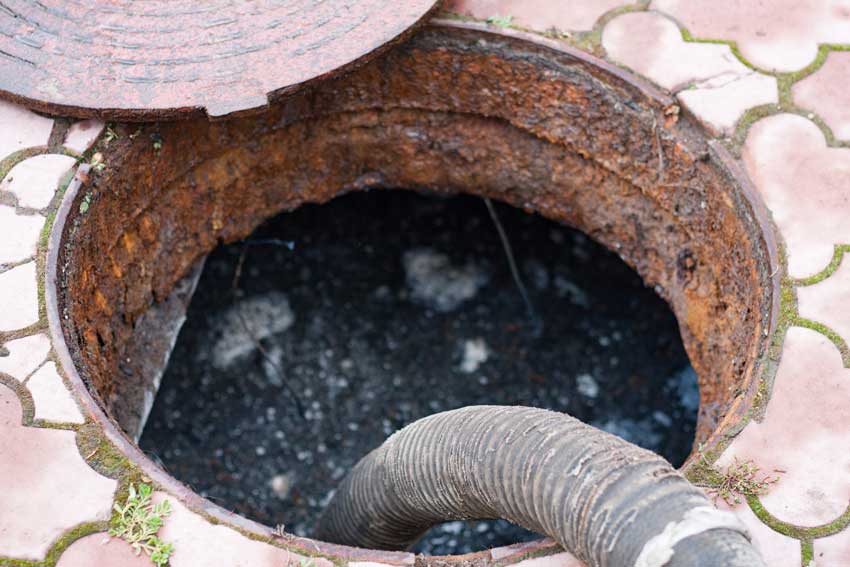
Foul odors coming from a septic system are more than just unpleasant—they can signal underlying issues that may require immediate attention. Addressing these smells promptly can help prevent more serious problems, protect your property, and maintain a safe, healthy environment around your home.
Identify the source
The first step in tackling septic odors is identifying the source. Common places where smells may arise include indoor drains, the yard near the septic tank or drainfield, or even inside the tank area itself. Indoors, a dry drain trap or a broken wax ring on a toilet can allow gases to enter the home. Outside, odors may escape if the tank is full, the vent stack is blocked, or the drainfield is failing.
Regular maintenance is key
One of the most effective solutions is regular septic pumping and maintenance. If your tank hasn’t been pumped in several years, it may be overloaded with solids, which can lead to odor problems both inside and outside. A professional septic service should inspect and pump your system every 3 to 5 years, depending on household size and water usage.
Vent pipes
Next, check and clear the vent pipes. Septic systems are designed with vent stacks to allow gases to safely release above your home’s roofline. If these become clogged by leaves, nests, or debris, pressure may build and force gases back through toilets or drains. Cleaning or extending the height of the vent pipe can often resolve this issue.
Drainfield
If odors are concentrated outside, especially near the tank or drainfield, this could indicate a more serious problem like a saturated drainfield or a leaking tank. Excess water from poor drainage, heavy rainfall, or overuse can overwhelm the system. Reducing water usage, diverting runoff, and calling a professional to assess the field are necessary steps in these cases.
Bacterial balance
In addition, avoid using harsh chemicals or antibacterial cleaners that can disrupt the bacterial balance within your septic tank. Healthy bacteria are crucial for breaking down waste—without them, solids can build up faster and odors may increase.
In summary, tackling septic odors involves regular maintenance, ensuring proper ventilation, checking for system damage, and avoiding practices that harm the system’s natural processes. Acting quickly when smells arise can help you avoid costly repairs and keep your septic system functioning properly for years to come.

